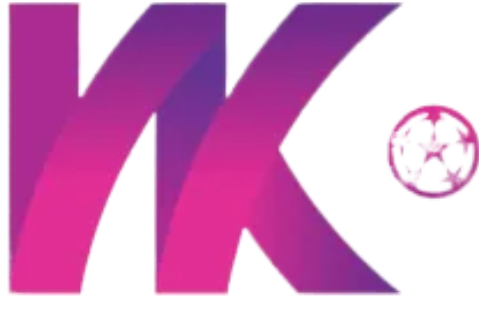South Korea's women's football development has reached unprecedented heights, with the WK League leading the charge in creating a sustainable and competitive environment for female players. The league's comprehensive approach to development, from grassroots to professional levels, has positioned Korea as a rising force in Asian women's football.
The Korean Football Association (KFA) has implemented a multi-tiered development strategy that focuses on infrastructure, youth development, and professional opportunities. "We've seen remarkable growth in participation numbers and playing standards," said KFA Women's Football Director Kim Ji-soo. "Our investment in facilities, coaching education, and youth programs is paying dividends."
The WK League's success can be attributed to several key factors. First, the establishment of dedicated women's football facilities across the country has provided players with world-class training environments. Second, the implementation of a comprehensive youth development program has created a pipeline of talented players. Third, increased media coverage and sponsorship deals have raised the profile of women's football in Korea.
"The infrastructure improvements have been game-changing," said Suwon FC Women's head coach Park Eun-jung. "Our players now have access to the same quality facilities as their male counterparts. This has significantly improved training standards and player development."
The youth development program, launched in 2020, has been particularly successful. The program identifies talented players at a young age and provides them with specialized coaching, academic support, and competitive opportunities. "We're seeing players develop at an accelerated rate," said youth development coordinator Lee Min-ji. "The combination of technical training, tactical education, and competitive matches is producing well-rounded players."
Media coverage has also played a crucial role in the development of women's football in Korea. Major broadcasters now regularly cover WK League matches, and social media engagement has increased significantly. "The increased visibility has attracted more sponsors and investment," said league marketing director Choi Soo-jin. "This has allowed us to improve player salaries, facilities, and overall league standards."
International recognition has followed domestic success. Korean players are increasingly being scouted by European clubs, and the national team has shown significant improvement in recent years. "Our players are now competing at the highest levels internationally," said national team coach Yoon Deok-yeo. "The WK League has been instrumental in preparing players for international competition."
Looking ahead, the KFA has ambitious plans for further development. These include expanding the league to more teams, increasing investment in youth development, and establishing partnerships with international leagues. "We want to make Korea a leading force in women's football," said KFA President Chung Mong-gyu. "The foundation we've built will support continued growth and success."


Comments (12)